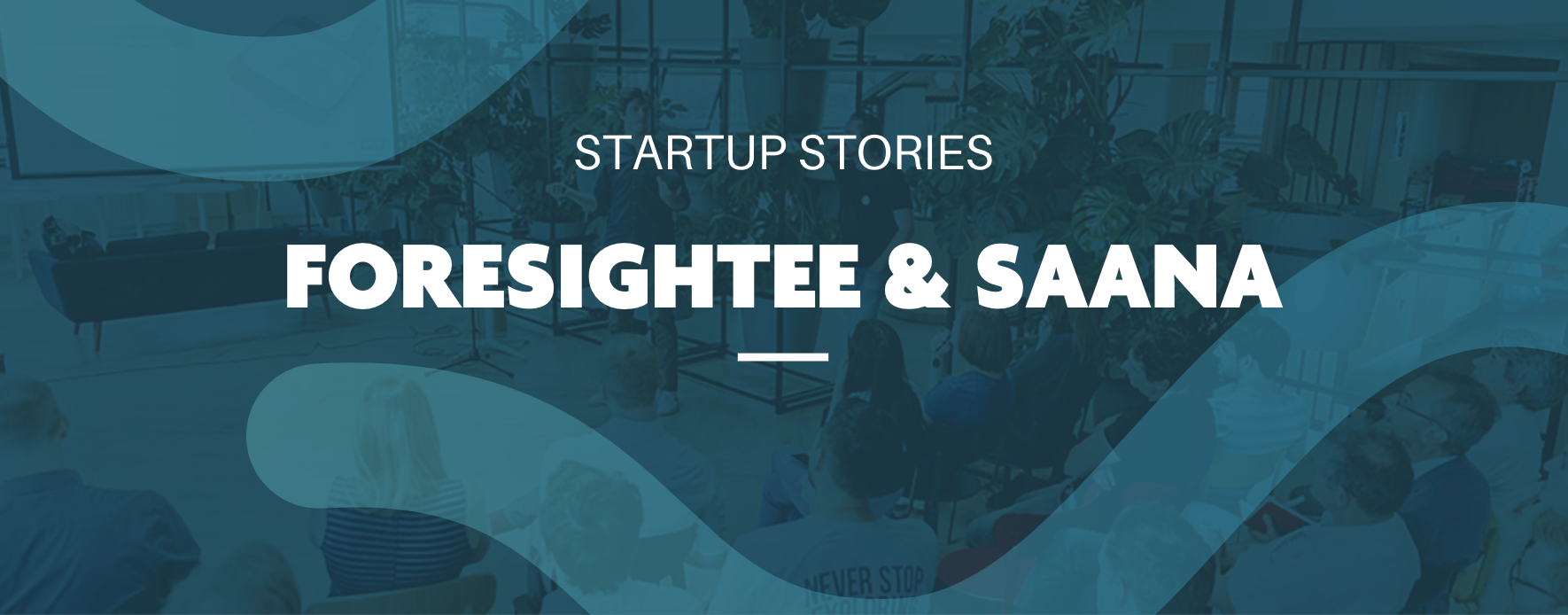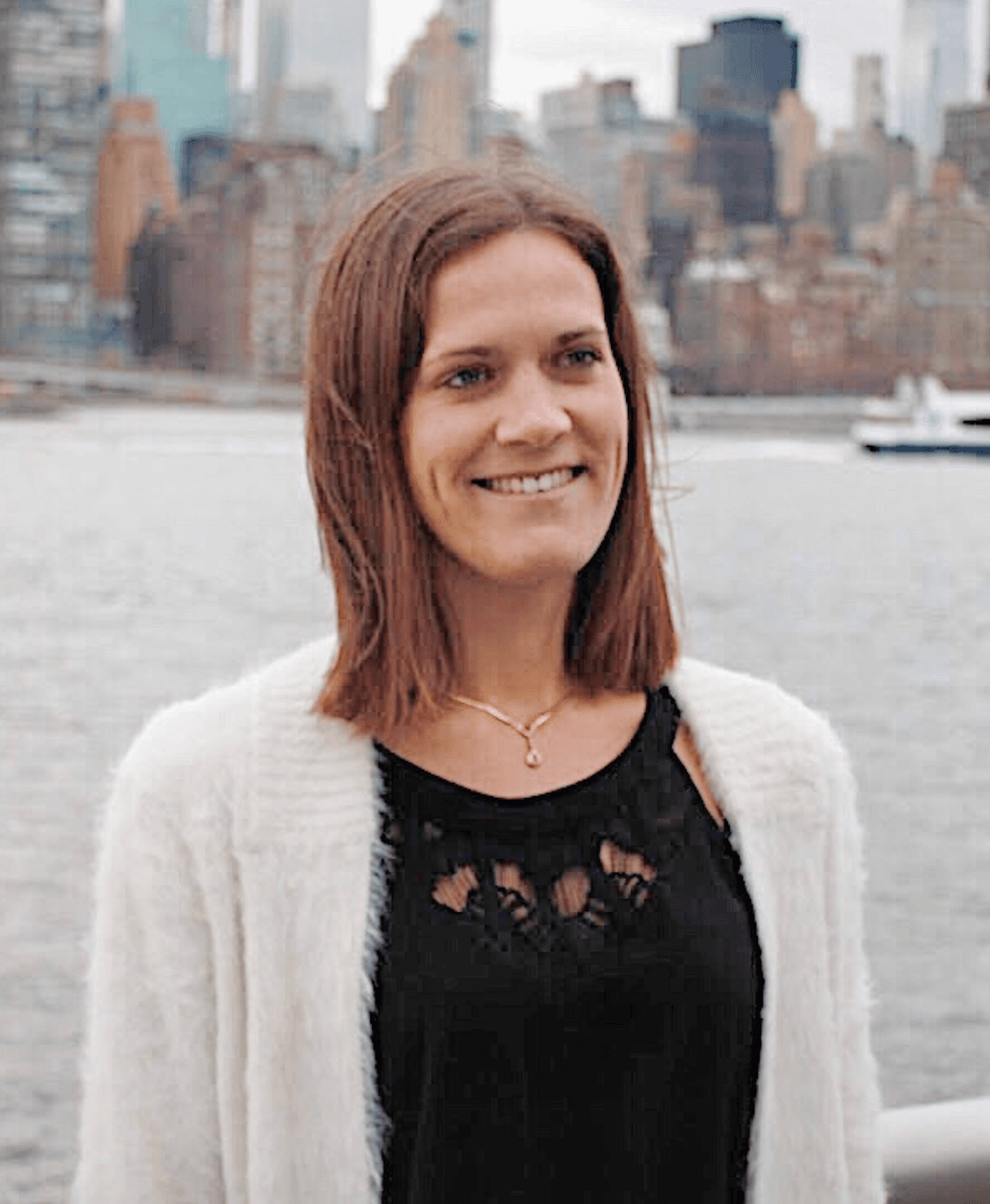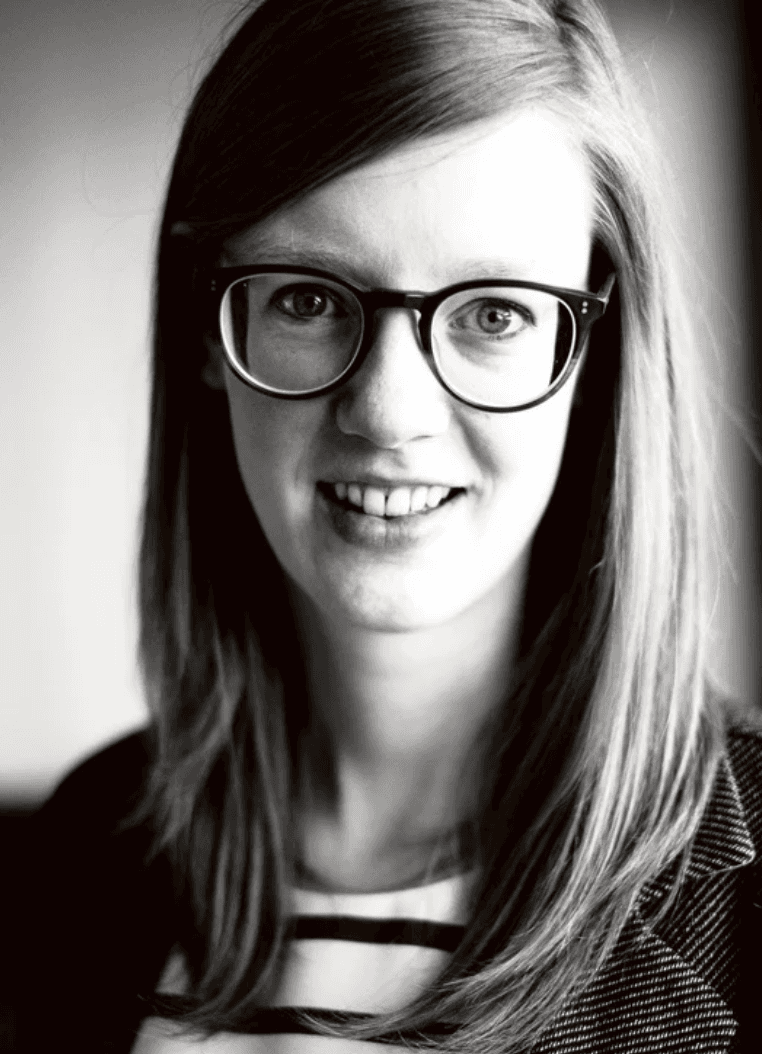
“Women need to be 110% convinced of an idea to go for it. Men take a different approach: ‘Only 70% sure? Let’s go!’”
Stéphanie Roland battles cancer with her start-up Saana, Judith Ketelslegers fights food waste with Foresightee. Two female founders, one shared mission to change the world (a little bit). On International Women’s Day, they want to share their story. Uncensored, both the ups and downs.

Stéphanie lost her mother to cancer. She founded Saana to help battle cancer. “The disease is in my family. It’s in my genes. There is overwhelming evidence that food has an effect on the prevention and the treatment of cancer. The right nutrition can boost the effectiveness of the cancer treatment. Yet, there were hardly any companies working on the link between cancer and food. That’s why I started Saana.”
“We provide cancer patients with personalized nutritional advice. Patients receive weekly recommendations and recipes including a detailed grocery list. We take everything into account: the type of cancer, the symptoms, the stage of their treatment, ….”

Judith started Foresightee after she started developing ‘crazy’ food intolerances. “I wanted to know more about food. The enormous amounts of food that we waste grabbed my attention. The food industry is currently unsustainable. When we keep on throwing one third of our food away, there won’t be enough food to nourish 9 or 10 billion people by 2050. That was my ‘aha’ moment as an entrepreneur.”
“Foresightee uses machine learning to forecast the sales of fresh products. Our technology helps the planet, but off course it also has a financial upside for our users. Saving food is saving money. I don’t believe in the distinction between ‘blue’ or ‘green’ companies. Foresightee is an apple blue sea green company. If your business is not sustainable today, you won’t have a business at all soon.”
110% sure vs 70% sure
Even in 2021, female founders are still a minority, definitely among tech start-ups. Do female founders need to fight harder than their male counterparts to turn their start-up into a success story?
Stéphanie: “The answer is nuanced. Five years ago, I got the chance to meet the queen of Belgium, queen Mathilde, on Women’s Day. I don’t think I would have gotten that chance as a man, because I was running a very small company with hardly any revenue. Being a woman and being an engineer opened a lot of doors for me.”
“But now I became a mother for the first time and motherhood puts things in a different perspective. Less time for my company, a bigger mental load, different challenges. I have two babies: a real one and my company. I’m forced to make choices and compromises. For men, those challenges are maybe less outspoken.”
Judith: “I see exceptions on both sides: tough female entrepreneurs, empathic male entrepreneurs. It’s not black or white. But I definitely see differences. We are being raised in different ways. Boys are encouraged to just go for it, girls are warned to be careful. Women need to be 110% convinced of an idea to go for it. Men take a different approach: ‘Only 70% sure? Let’s go!’”
Stéphanie: “As a female founder, you need to be twice as motivated. During my maternity leave, I didn’t make any money and my company could hardly make any progress. It would have been so much easier for me to just get a job at a consultancy firm and being paid for staying at home with my kid. But I’m so motivated to make Saana work and to have an impact on the lives of cancer patients that I choose the hard way.”
Twice the shark
Judith: “I get really mad when I give an interview and men compliment me with the dress that I wore on the picture that comes with the article. That pisses me off. Would they complement a man with the fancy suit he is wearing on the picture? I don’t let those things pass by anymore. I speak out. ‘Did you even read the article? Did you read what I have to say?’”
“I’ve been in meetings where I proposed a strategy and the men in the meeting didn’t go for it. When a 50-year-old male proposed the exact same strategy one week later, everyone in the room thought it was a brilliant idea. In corporate environments, some of the male managers still tend to only listen to their peers.”
Stéphanie: “I have worked in the US for a few years and I felt the inequality much stronger there. I do feel like things are changing for the better over here in Belgium. The generation of our mothers felt like their only chance to make it as a woman was being twice the shark as their male competitors. I don’t have to be someone I’m not. I applied for imec.istart when I was 6 months pregnant. That wasn’t even an issue. We don’t really need special programs for female founders. Just do what imec.istart is doing: lead by example. There is a lot of diversity among the founders.”
‘Role models can spur female founders to take the leap’
“We need more role models”, Judith says. “Sharing our story is enough. Being honest about the downsides – takings risks can be scary – but also showing it’s possible to build a start-up from scratch as a woman.”
Stéphanie is on the same page: “It would be very weird to say that I want to be a role model when my company isn’t making millions yet. But when I manage to realize my dreams and ambitions, I definitely want to share my story, both the successes and the failures. In Belgium, we are way too shy.”
Sven De Cleyn, imec.istart’s program director, hopes female founders like Stéphanie and Judith can spur more women to take the leap. “In general, the tech startup community predominantly remains a man’s world, while there are a lot at least equally talented and passionate women. In our imec.istart program, we structurally see around 16% of female co-founders in the teams that apply. Whilst this is slightly above European average, it obviously remains way too low. We truly hope that inspiring role models can convince more female founders to develop their valuable and ambitious tech solutions as entrepreneurs.”


